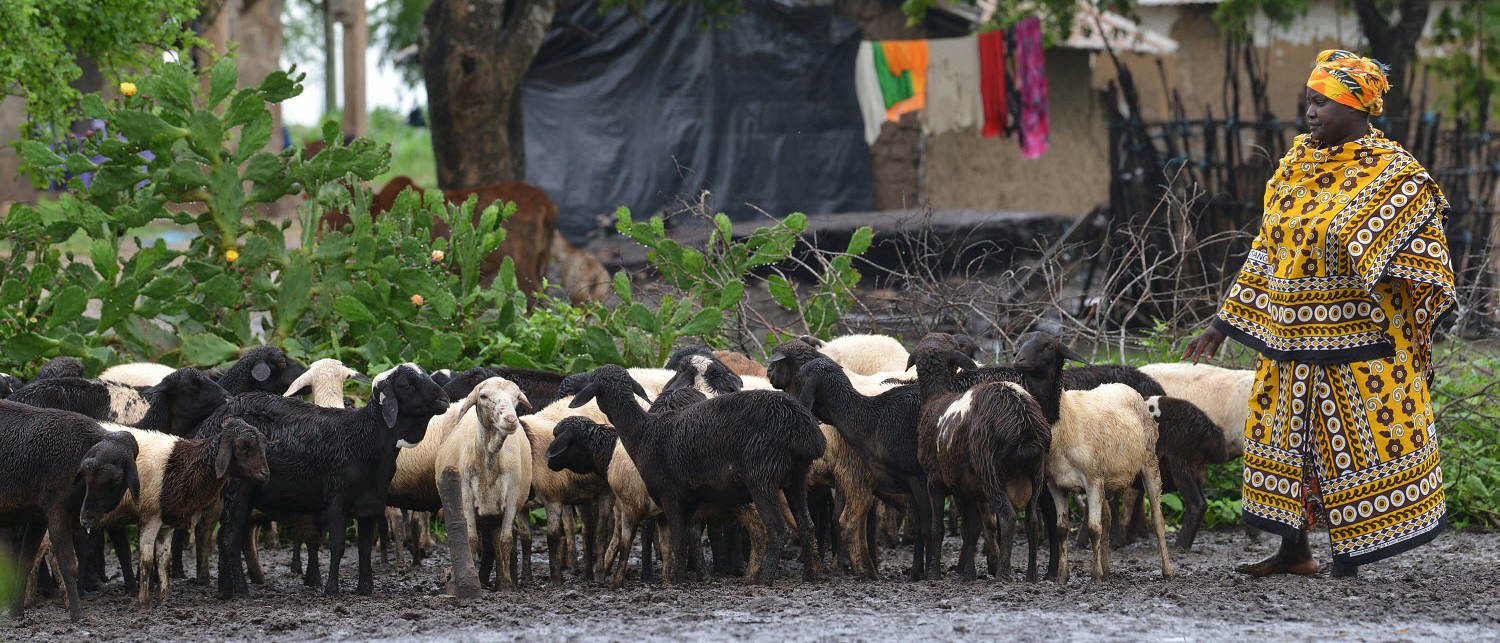One Health Intelligence scoping study

Global health security is under increasing threat from emerging infectious diseases and the impacts of environmental change. Intelligence systems must be able to predict, prevent and reduce the risk of ongoing and emerging threats using an integrated “One Health” approach to optimize the health of humans, animals, plants and ecosystems. Strengthening global One Health intelligence will support the identification and mitigation of risks to global health security.
In June 2021, the G7 Carbis Bay Health Summit requested that the Quadripartite partnership (FAO, UNEP, WHO and WOAH) conduct the One Health Intelligence Scoping Study “to identify potential opportunities for improved technical harmonization of their and other prioritized systems to strengthen One Health intelligence”. The OHISS was funded by the United Kingdom of Great Britain and Northern Ireland and coordinated by FAO, as the lead agency for the project.
The following foundational activities were carried out to assess needs and opportunities within and outside the Quadripartite partners:
- An extensive literature review, which highlighted that One Health has a broad scope, and that to be effective, a One Health intelligence system must be adaptable to the needs of multiple users and to the risk questions they must address.
- Engagement with international experts and diverse stakeholders through two main advisory group meetings, as well as a number of individual meetings with other relevant One Health initiatives and expert groups to collect feedback on the study’s activities and findings.
- A review of national critical competencies and “best practice” case studies using expert workshops, established international networks and a survey. National systems were recognized as being highly variable in capacity, coverage, reliability and transparency.
- An assessment of Quadripartite activities and prioritized information systems selected according to their potential to contribute to One Health intelligence. The range and diversity of the activities identified provides an excellent foundation for global One Health intelligence.
- A hazard identification exercise (riskscaping) with the Quadripartite to define One Health scope and priorities. For the priority hazards identified, a series of workshops were conducted with international experts to assess the “risk landscape” (riskscape). These workshops identified and prioritized multiple potential monitoring points, and highlighted needs for collaboration and risk communication.
The combined findings from these activities, summarized in this report, highlighted that the numerous international and national information systems collect a wide range of data relevant to One Health, but these are not being used enough for effective risk assessment and early warning. The study also demonstrated that the incorporation of data from the environmental sector has significant potential to identify risk “hotspots”, which can be monitored for early detection and targeted with risk reduction intervention.

